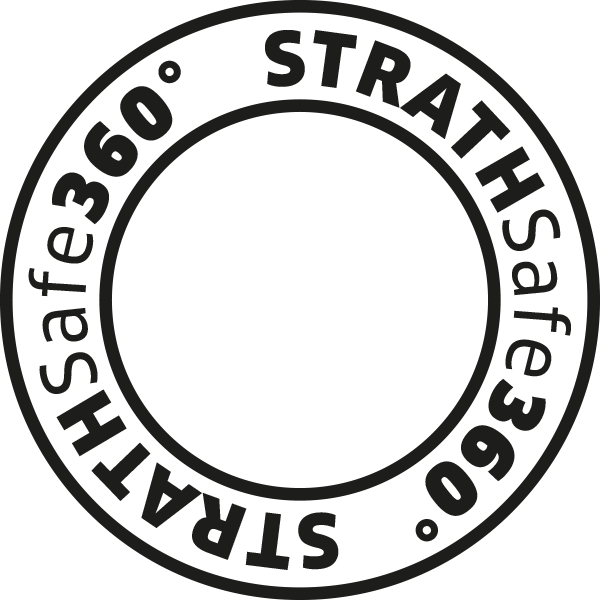1.8 Vulnerability within the University context
In addition to the groups defined within legislation, we also recognise that within a diverse student and staff population, or participants of research and beneficiaries of University programmes, there may be individuals who are personally or circumstantially vulnerable at any given time. People may have personal circumstances that are not necessarily within the University’s control, but where the University may be a first point of contact and the likelihood of the University being approached for support is very high.
Coming to University may mean living independently or away from support networks for the first time, or interacting in unfamiliar or adult environments, navigating a new city or cultural environment, and seeking to make new connections. Transitions at different age and stage or adapting to change can raise challenges or be stressful and the support needed may vary.
Vulnerability can be due to visible or hidden disabilities, life changes, bereavement, housing issues, financial crisis or relationship problems. Some individuals can be at increased risk of harm or abuse, often due to circumstances beyond their control. Another person’s conduct may cause (or is likely to cause) a person to be harmed e.g. gender-based violence, hate crime, or exploitation.
This list is not exhaustive. It serves to illustrate the nature and breadth of lived experiences that may be disclosed or undisclosed. Issues referred to in this policy may affect any one of us. We can all be vigilant to and play our part in protecting everyone we learn and work with.
Through routine or frequent contact with students, colleagues or friends (maybe someone we see in lectures, pass routinely in the lab or workshop or share an office with), we may be well placed to observe outward signs of changing or unusual behaviours, changes in appearance, withdrawal, attendance or academic development. We should be mindful of those we see less frequently in person, such as distance learners and visiting, temporary or distance staff who may not fully, or regularly, integrate with the wider university community through the course of their work.
